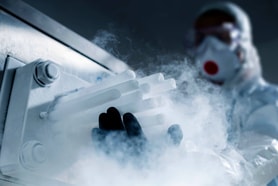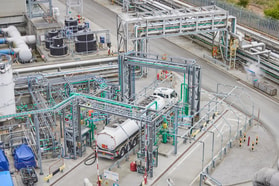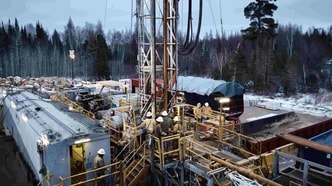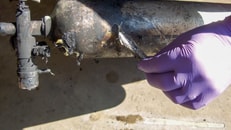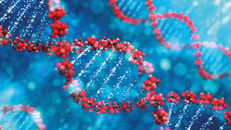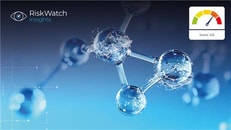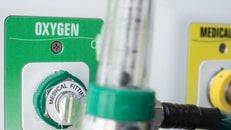Cold chains in life sciences
More than ever in medicine and life sciences today, cold counts.
It is something that was brought into sharp focus during the Covid-19 pandemic, with certain of the produced vaccines requiring cold chains and storage of between −80°C and −60°C, which was a challenge the industrial gas industry stepped up to and met.
But that’s just one small element in a much broader picture that’s filled with a growing array of temperature-sensitive biological and medical products and specimens.
As well as vaccines, biologics and biosimilars, which are protein-based therapies, are particularly sensitive to temperature fluctuations and often require refrigerated conditions. Hormonal treatments like insulin also rely on a cold chain to prevent degradation. And the fast-growing market for cell and gene therapies, which involve living cells, needs cryogenic storage of –150°C, usually using liquid nitrogen to preserve viability.
... to continue reading you must be subscribed





